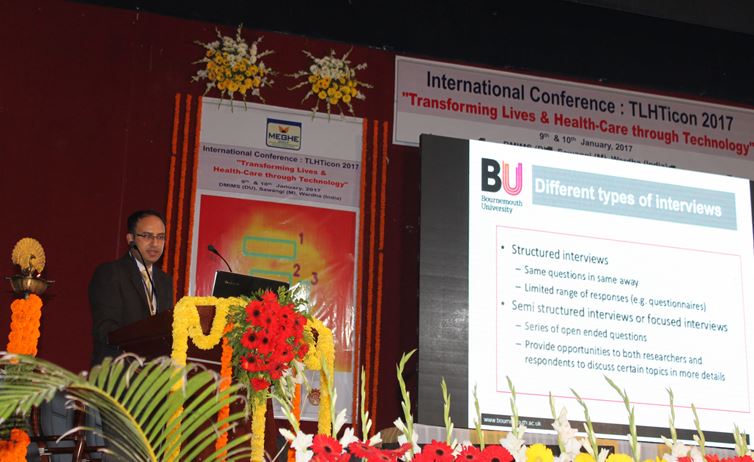 Two BU papers and a poster at the International Conference on Transforming Lives & Healthcare through Technology
Two BU papers and a poster at the International Conference on Transforming Lives & Healthcare through Technology
On 9th January 2017, I presented a paper entitled ‘Qualitative research in health technology assessment’ in a scientific session at the International Conference on Transforming Lives and Health Care through Technology (TLHTicon 2017), Wardha, India. This paper was prepared jointly with by Prof Edwin van Teijlingen and BU’s Visiting Prof Padam Simkhada (Liverpool John Moores University). At the same conference Mrs. Preeti Mahato’s poster on ‘Factors affecting health facility delivery in rural Nawalparasi, Nepal’ was also displayed. Preeti is a PhD student in FHSS. In another scientific session, BU visiting faculty Prof Padam Simkhada presented a paper around global public health and health technology assessment. Prof Edwin van Teijlingen and Dr Pramod Regmi co-authored this presentation.
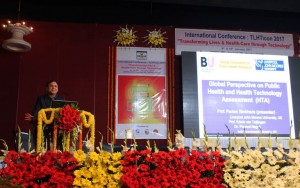
The conference, which attracted more than 180 oral scientific papers and 97 posters, was organized jointly by Datta Meghe Institute of Medical Sciences, DU, Datta Meghe Institute of Engineering, Technology & Research and Yeshwantrao Chavan College of Engineering in association with the Global Consortium for Public Health Research. The Global Consortium for Public Health Research was recently formed [1]. Prof Edwin van Teijlingen, Dr Pramod Regmi, both from HSS, BU are part of it among the 14 academics/researchers from UK, India, Bangladesh, Nepal and few other Low and Middle-Income Countries. Some of them are BU visiting faculty too. Unfortunately, Prof Edwin van Teijlingen could not get a visa in time for India, so he recorded a good-luck message. This pre-recorded message was played to the conference goers.
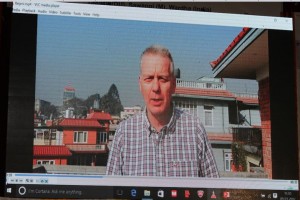
I found the scientific sessions were a nice blend of scientific talks, plenary sessions, symposia and scientific track sessions. Overall, this conference provided a much-needed platform for academicians, researchers, practitioners and professionals from medical, engineering and industry to disseminate their innovations in interdisciplinary field of health sciences through technology. The conference show-cased innovations in health-care through technology, which shall be useful in transforming lives of people in Low and Middle Income Countries. In these two days; I have been able to all refreshed with thought-provoking & informative talks rendered by experienced researchers around technology in health care.
Dr Pramod Regmi, Post Doc Research Fellow, HSS
Reference:
- Simkhada, P., van Teijlingen, E., Regmi, P.R. et al., 2016. Need and scope of global partnership on public health research. Journal of Datta Meghe Institute of Medical Sciences University, 11 (2), 202-204.
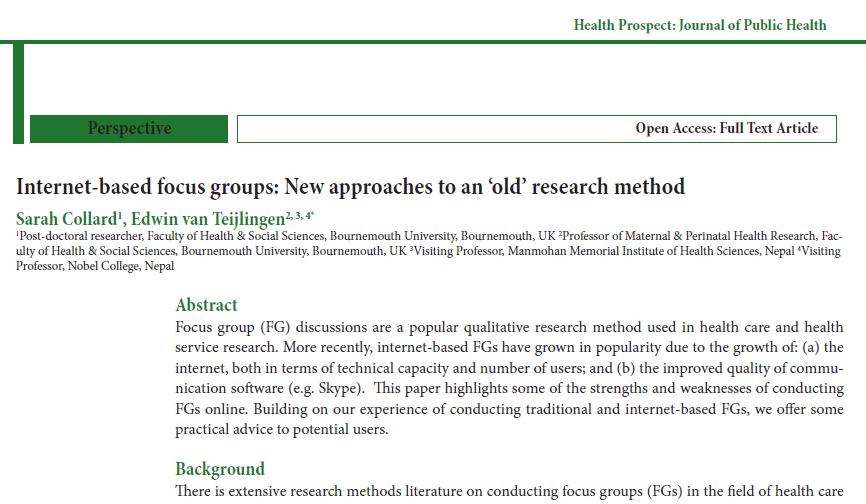
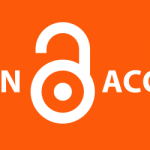
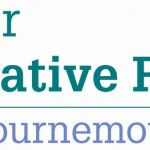

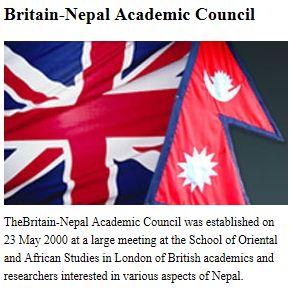
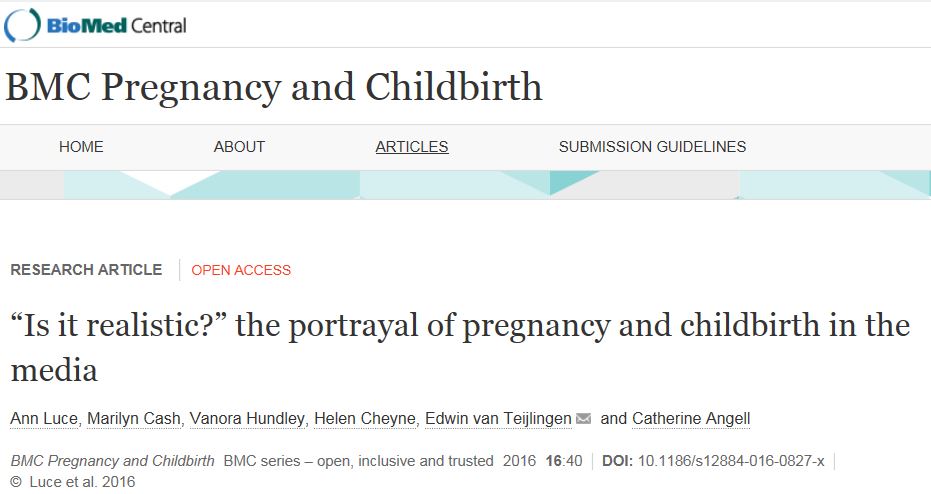
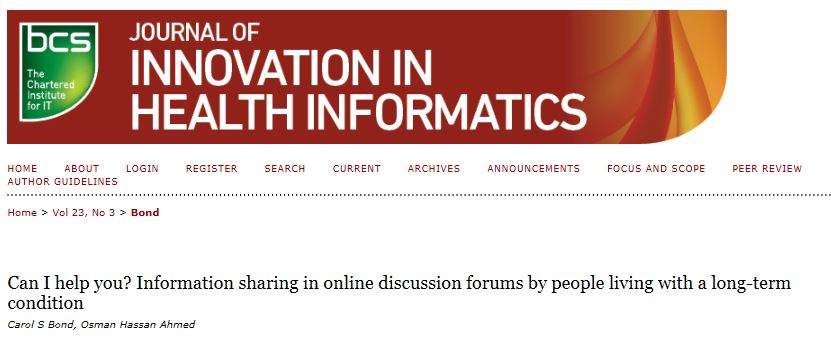

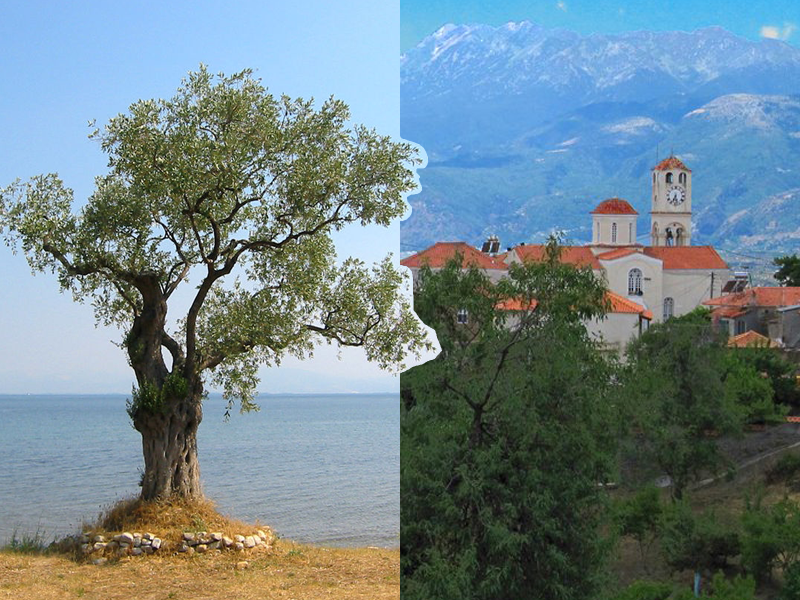
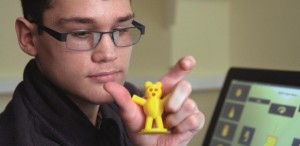


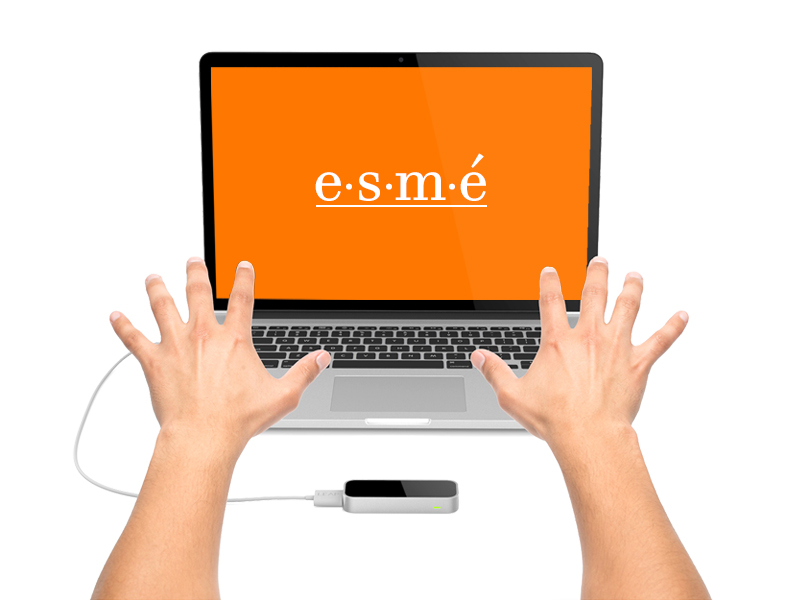
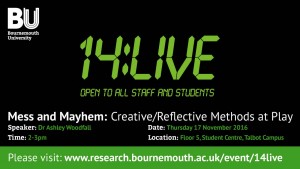
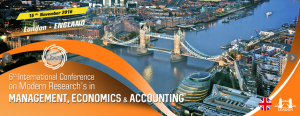
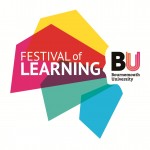 With the
With the 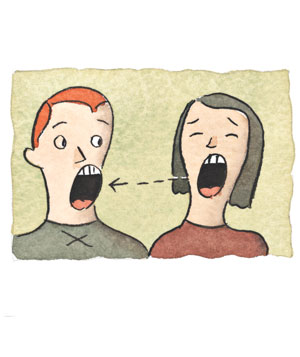











 Read and sign up to BU’s Policy Influence Digest
Read and sign up to BU’s Policy Influence Digest Upcoming opportunities for PGRs – collaborate externally
Upcoming opportunities for PGRs – collaborate externally BU involved in new MRF dissemination grant
BU involved in new MRF dissemination grant New COVID-19 publication
New COVID-19 publication MSCA Postdoctoral Fellowships 2024
MSCA Postdoctoral Fellowships 2024 Horizon Europe News – December 2023
Horizon Europe News – December 2023